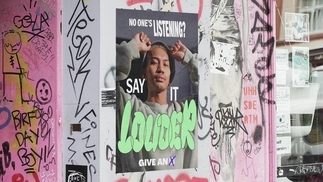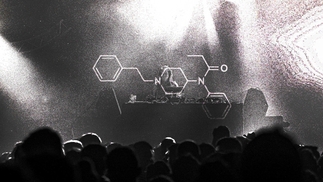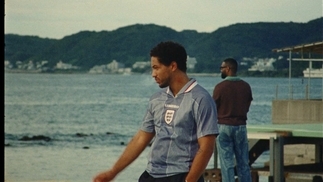OMG! MK IS TOP OF THE POPS!
Where next for UK clubbers?

There’s a lot of debate circulating the UK scene right now. The more serious clubbers among us are thinking twice — stepping back and taking stock a little — before committing to club nights, especially with occasions as big as New Year’s Eve on its way.
2013 presented a new level of interest in underground dance music. For the first time since the ‘90s, classier forms of house found their place in the charts, getting prime-time radio play and reaching a far wider audience than within the niche, subcultural crowds from which it transcended.
The changes on clubbing circuits all over the country have been inevitable. Any such “discovery” or “unveiling” by a mainstream audience comes with its corresponding cultural shifts, within clubs especially. House, techno and garage, in particular, are no longer just the pursuit of purists in subterranean pockets, but the sounds that represent a whole new generation coming through. This year saw original house greats storm student unions, MK's remix of Storm Queen reach the number spot via Ministry of Sound (as of Sunday) and Breach soundtracking gyms. Decent dance music is having its moment once again.
But, of course, our scenes have always been about tribes, people’s inclusion within — or separation from — certain cultural circles, is what’s appealed to so many over the years. The invasion, as it were, of club nights previously marketing themselves as “underground” has obviously put some people’s nose out of joint — you just need to scan the comment boxes of Facebook and websites to hear the disapproving voices currently affecting clubland. The sense that previously secluded patches are being infiltrated has certainly been divisive, and as a result our clubscene is at a crossroad.
Producers, DJs, promoters and labels have a choice. They can either cash in the chips earned through years of hard graft in the underground, go for gold and take everything the dance music revival has to offer by pushing the same thing they always have to a whole new audience. Or they can turn their sights onto the next phase, stay ahead of the curve and hope their following does exactly that, follows.
Onus, then, is also on individual clubbers. We can grumble and bemoan the inevitable changes of an ever-evolving dance scene — balk with resentment at losing grip on something that was always going to be transient — or look forward, search a little harder and help nudge the movement on that little bit further. It was the latter that the dance scene was first built on after all.





